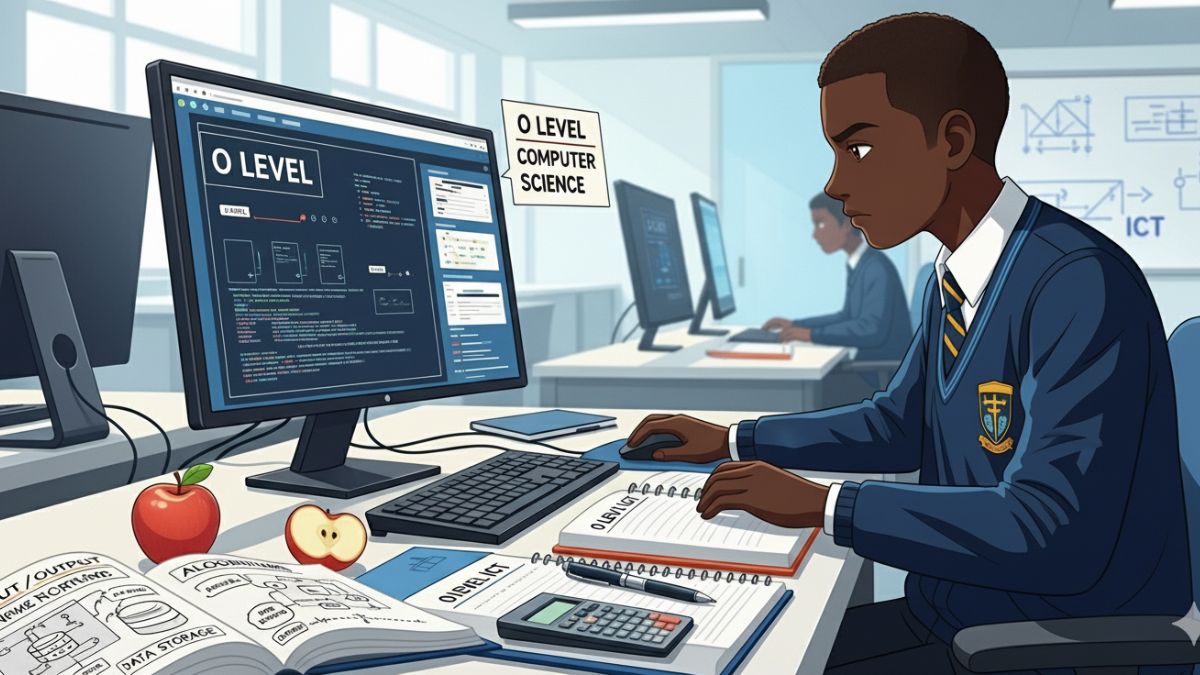Mastering Your O Level Computer Project

The O Level Computer Science project is an exciting but crucial part of your final grade. It’s a chance to apply your knowledge in a practical way and demonstrate your skills. This guide will walk you through the key aspects of this School Based Assessment, helping you navigate the 20-week process and achieve the best possible outcome.
The Core Components: What to Expect
Your project is not a single, massive task but a series of smaller, manageable ones. You will be required to work on 10 mini-projects selected from all sections of the syllabus. This approach ensures you get hands-on experience across a wide range of topics, from databases to programming and web development.
This entire component, which makes up 5% of your total mark for the subject, is a school-based practical examination involving guidance from your teacher. It’s designed to be a continuous learning process rather than a last-minute scramble.
The 20-Week Timeline
The project will run over a period of twenty weeks, spanning the final school year of your preparation for the Ordinary Level Computer Science Examination. This extended timeline gives you ample opportunity to tackle each mini-project thoroughly, allowing for a deep understanding of each concept.
The Role of Your Teacher and the GCE Board
Your subject teacher, who serves as your Internal Supervisor, will play a key role in this process. They will provide guidance and support throughout the 20 weeks. Once you complete each mini-project, your teacher will perform an initial grading. This grading is a crucial step in the assessment.
However, the final say rests with the GCE Board. Your mini-projects will be vetted by the GCE board, and your teacher’s initial grading will be moderated by the GCE Board during the final practical examination. This two-step process ensures a fair and standardized evaluation for all students.
A Note for External Candidates
If you are an external candidate, don’t worry—you won’t be left to do this alone. You will be required to identify a school which will evaluate and grade your mini-projects. This ensures that you also receive the necessary guidance and that your work is assessed by a qualified professional.
Submitting Your Work: The Final Step
All project reports, whether from internal or external candidates, must be submitted to a practical examination Centre during the final practical examination for moderation. This is the final stage where your hard work is officially submitted for a thorough and final review.
By approaching your project as a series of well-planned, guided mini-tasks, you can make the most of this valuable learning experience. Good luck!

